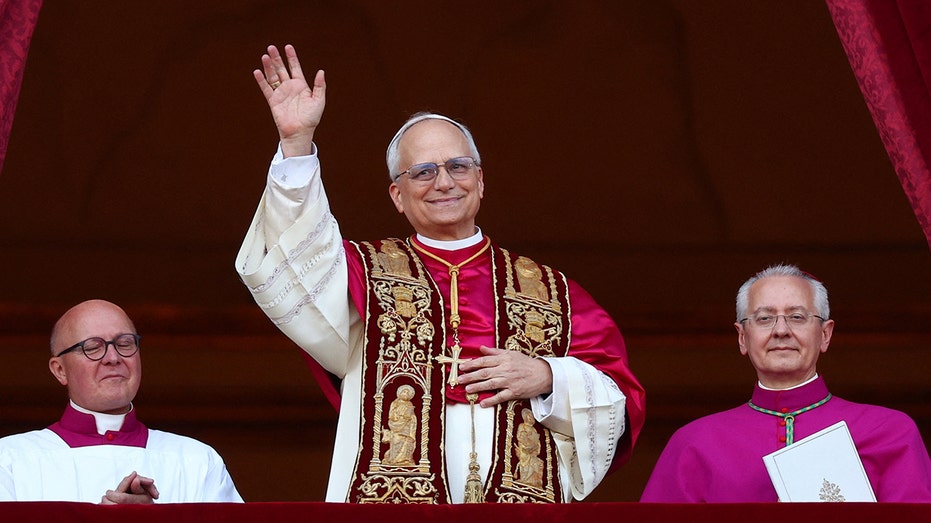Easter’s Big Three: The Questions Every Christian Faces (And Why They Matter)

Sarah Johnson
April 19, 2025
Brief
Explore the core questions of Easter: Was Jesus God, was He crucified, and did He rise from the dead? Investigate historical evidence and faith perspectives.
Easter isn’t just about chocolate eggs and pastel-colored everything—it’s the moment when Christians celebrate the Resurrection of Jesus, that game-changing event at the very core of their faith. If you strip Christianity down to its foundation, it stands or falls on what happened that first Easter morning.
So, what are the three questions that every Christian should be ready to tackle about Easter? Theologians say they’re pretty straightforward but huge: Was Jesus God? Was He crucified? And did He actually rise from the dead? Everything else, from the miracles to the parables, takes a back seat to these.
Dr. Lee Strobel, a best-selling author who’s made a career out of investigating religious claims, once had a chat with Playboy founder Hugh Hefner on these very questions. Strobel asked Hefner, "What if the Resurrection was true?" Hefner’s answer: "Well, yeah, that would change everything." But when Strobel asked if he’d ever looked into it, Hefner admitted, "No." Honestly, who knew the man behind the bunny ears could be so on-the-nose about what’s at stake?
This kind of ambivalence isn’t rare. Researcher George Barna calls today’s biggest spiritual threat "syncretism"—a sort of build-your-own-faith buffet, where people mix and match beliefs to suit their tastes, without any single doctrine getting their full attention. Even studies at Cornell University show young people leaning into "spiritual not religious" vibes, basically practicing a solo act rather than joining the choir.
But back to those three big questions—are they answerable? Strobel says yes. As an ex-atheist and a one-time legal reporter, he spent two years digging into historical evidence for the Resurrection and claims it took more faith to stay an atheist than to become a Christian. His books, especially "The Case For Christ," have become go-to reading for those wanting to see if faith can hold up in the court of reason.
Strobel’s latest, "Seeing the Supernatural," doesn’t shy away from the mysteries either, exploring everything from angels to near-death experiences—yes, including the Resurrection. On the "Lighthouse Faith" podcast, Strobel insists the Resurrection depends on Jesus actually being divine. In his words: Jesus said, "The Son of Man is going to be delivered into the hands of men. They will kill him, and after three days he will rise."
Looking at the New Testament, theologians like Rick Renner point out that Jesus didn’t just hint at being God—he flat-out claimed it. Renner explains that in the Garden of Gethsemane, when Roman soldiers came for Jesus and asked for "Jesus of Nazareth," Jesus answered with "ego eimi"—Greek for "I AM." That’s the same phrase God used with Moses in Exodus. Talk about a mic drop moment.
Renner also digs into some of the lesser-known aspects of that night, like the mysterious nearly-naked guy who bolted from the garden. Because, apparently, every epic scene has at least one weird detail lurking in the background.
But back to the main event: Jesus’s claims didn’t win him any popularity contests with the religious leaders of his day. His assertion of divinity led to his arrest, beating, and crucifixion. Despite what pop culture (looking at you, "The Da Vinci Code") or conspiracy buffs might say, Strobel points out that multiple independent sources—five outside the Bible alone—confirm the crucifixion. Even the Journal of the American Medical Association, not exactly a church newsletter, found the evidence for Jesus’s death on the cross compelling.
What about the Resurrection itself? Skeptics argue it was a legend cooked up by followers years later, but Strobel says historical reports of the event, complete with named eyewitnesses (including a crowd of 500), date back to within months, not centuries, after Jesus’s death. For context, the earliest biographies of Alexander the Great popped up 400 years after he died—yet historians still trust them. By comparison, the Resurrection is practically breaking news.
Of course, the empty tomb remains a head-scratcher. Did Jesus’s disciples pull off history’s most ambitious body-snatching? Strobel says that even critics have to admit the tomb was empty, and with nine ancient sources backing up the disciples’ conviction that they saw the risen Jesus, he calls it an "avalanche of historical data."
Former cold case detective J. Warner Wallace, himself a convert from atheism, looked at the Gospel accounts like any murder investigation. He found that, far from being suspiciously identical, the four accounts had the messy, unique perspectives you’d expect from real eyewitnesses. For Wallace, the evidence for the Resurrection passed every credibility test he knew.
But here’s the kicker: Even if you accept that Jesus claimed to be God, died, and rose again, believing in the Resurrection isn’t just about facts. It’s about taking a leap—bowing down and accepting Jesus as the one who bridged a gap between God and humanity. That’s the part where, as Strobel and Wallace both discovered, the head has to make way for the heart.
Happy Easter!
Topics
Editor's Comments
It’s wild how the Resurrection, which is either the world’s greatest plot twist or the ultimate leap of faith, still stirs up debate centuries later. Also, kudos to the early Christians—getting your eyewitness reports out within months? That’s faster than most of us can get through our unread emails. Whether you’re a skeptic or a believer, you have to admit: Easter’s big questions are anything but boring.
Like this article? Share it with your friends!
If you find this article interesting, feel free to share it with your friends!
Thank you for your support! Sharing is the greatest encouragement for us.



